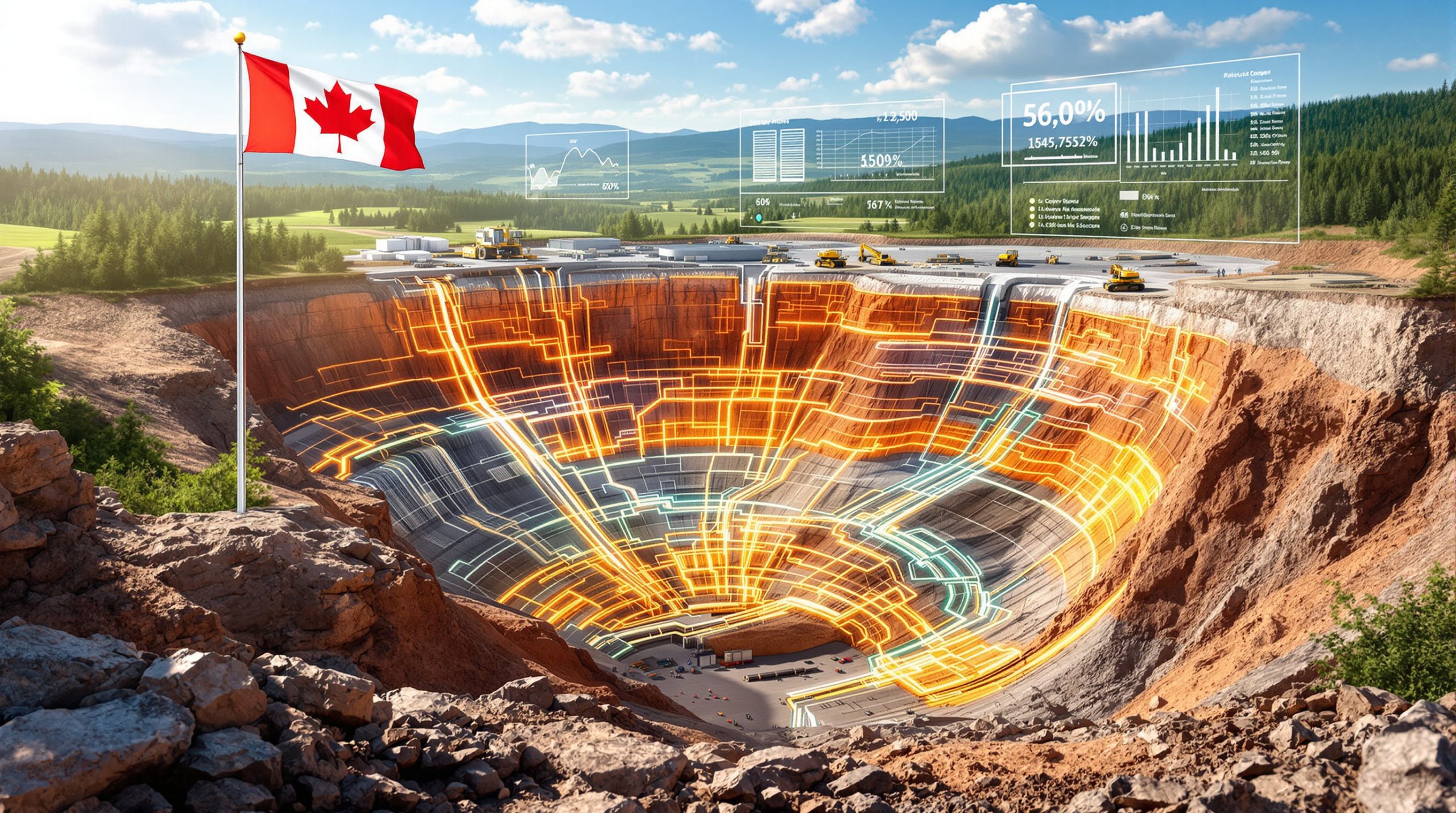Crude Tanker Rates Surge Amid Global Shipping Disruptions
The maritime shipping industry is experiencing unprecedented disruption as crude tanker rates surge across major global routes. Furthermore, oil-in-transit volumes have reached critical levels, creating a perfect storm for elevated shipping costs that are reverberating throughout international energy markets.
Market Forces Driving Rate Increases
Current market conditions reveal a complex interplay of factors contributing to escalating freight costs. VLCC rates have climbed significantly as demand for crude oil transportation intensifies amid geopolitical tensions and supply chain constraints.
Moreover, the concentration of oil cargo in transit has reached levels not seen since previous market disruptions. This surge reflects broader challenges in global energy logistics, where shipping capacity struggles to meet growing demand.
Impact of Sanctions on Shipping Networks
Recent sanctions targeting major oil producers have fundamentally altered shipping patterns worldwide. Consequently, crude tanker rates surge as vessels must navigate increasingly complex compliance requirements and longer routing alternatives.
In addition, these regulatory changes have forced shipping companies to reassess their operational strategies. Tanker operators are adapting to new market realities where traditional shipping lanes face unprecedented restrictions.
Regional Diversions and Route Changes
The implementation of targeted sanctions has created significant bottlenecks in key shipping corridors. For instance, oil price movements continue to influence routing decisions as carriers seek the most economically viable pathways.
Additionally, vessels are increasingly diverting from established routes, creating additional demand pressure on available shipping capacity. This pattern has contributed substantially to the current rate environment.
Trade Policy Implications
The intersection of international trade policy and energy logistics has become increasingly complex. However, tariff impact on markets extends beyond traditional commodities to affect shipping costs directly.
Furthermore, policy uncertainties have led to increased hedging activities among shipping companies. These defensive strategies often translate into higher rates for end consumers as companies protect themselves against regulatory volatility.
Production Dynamics Affecting Demand
Changes in domestic oil production patterns significantly influence international shipping demand. Notably, US oil production decline has created additional import requirements, subsequently increasing demand for tanker capacity.
Consequently, this shift in production geography necessitates longer shipping routes and greater vessel utilisation. The resulting capacity constraints have been instrumental in driving crude tanker rates surge across multiple vessel categories.
OPEC's Strategic Response
International oil organisations continue to play a pivotal role in shaping shipping demand patterns. In particular, OPEC market influence extends to shipping logistics through production allocation decisions.
Moreover, coordinated output adjustments by member nations directly affect the volume of crude oil requiring maritime transportation. These strategic decisions create ripple effects throughout the global shipping network.
Regional Policy Shifts
Evolving diplomatic relationships have introduced new variables into the shipping equation. For example, oil policy shifts demonstrate how quickly established shipping patterns can change based on regulatory developments.
Additionally, these policy changes often require rapid operational adjustments from shipping companies, contributing to market volatility and rate fluctuations.
Future Market Outlook
Industry analysts project continued volatility in tanker rates as global energy markets adapt to ongoing geopolitical developments. However, several factors may influence the sustainability of current rate levels:
- Capacity expansion through newbuild deliveries
- Route optimisation technology improvements
- Regulatory stabilisation in key shipping corridors
- Alternative energy transitions affecting long-term demand
Furthermore, the crude tanker rates surge represents more than a temporary market adjustment. Instead, it reflects fundamental changes in how global energy supply chains operate under increasing political and environmental pressures.
Investment Implications
The current shipping environment presents both opportunities and challenges for industry stakeholders. Consequently, shipping companies with flexible operational capabilities may benefit from sustained rate improvements.
In addition, the elevated rate environment has attracted increased investor attention to maritime logistics assets. This interest spans both vessel ownership and related infrastructure investments.
Risk Management Considerations
Shippers and charterers are increasingly focusing on risk mitigation strategies as rate volatility persists. However, traditional hedging mechanisms face limitations in the current environment due to unprecedented market conditions.
Moreover, long-term contracting strategies are evolving as both parties seek to balance rate exposure with operational flexibility requirements.
The ongoing crude tanker rates surge reflects broader structural changes in global energy logistics. As markets continue adapting to new regulatory frameworks and geopolitical realities, shipping costs remain a critical variable influencing international energy trade patterns.
Are You Tracking Energy Market Disruptions for Investment Opportunities?
The current crude tanker rate surge and shipping market volatility create significant opportunities for ASX-listed energy and logistics companies. Discovery Alert's proprietary Discovery IQ model delivers instant notifications when ASX companies announce significant developments in energy infrastructure, shipping partnerships, or commodity logistics—enabling subscribers to identify actionable opportunities before broader market recognition. Begin your 30-day free trial today to position yourself ahead of these rapidly evolving market conditions.




